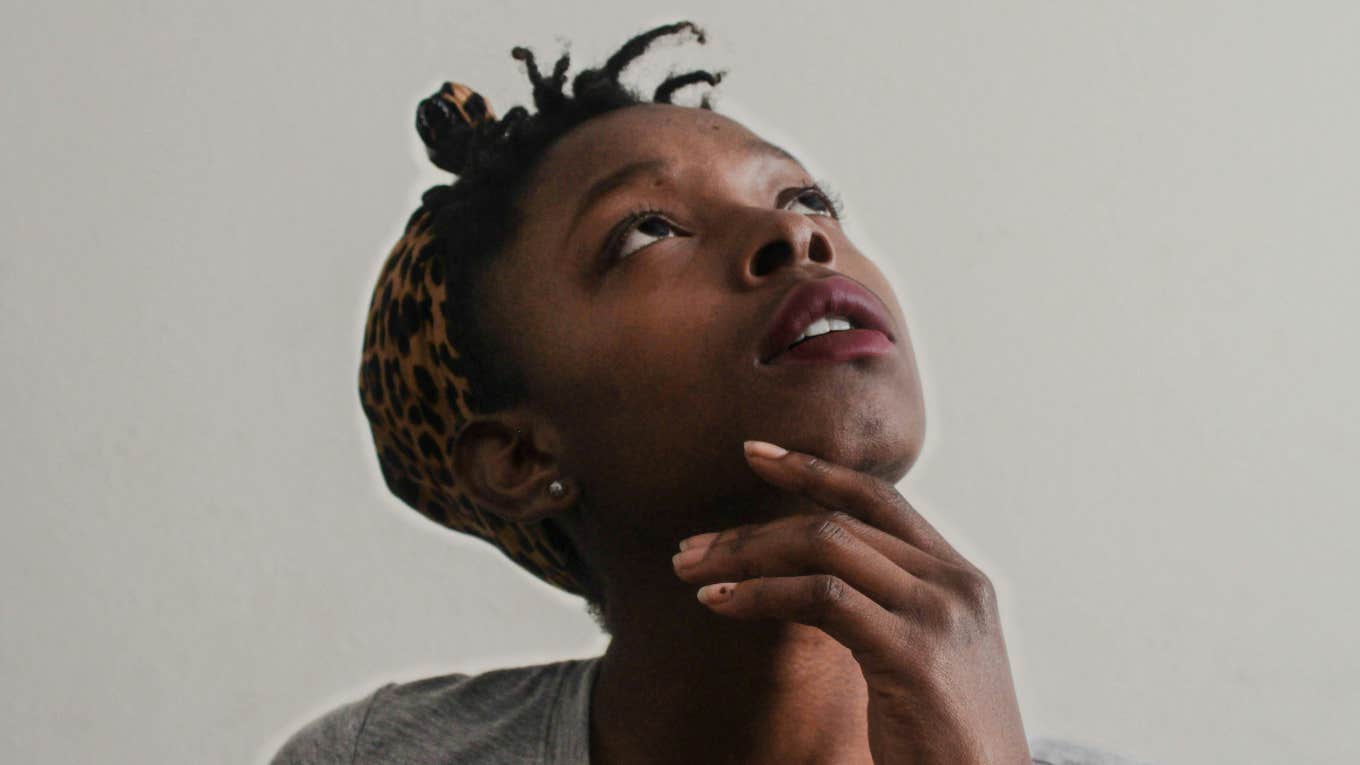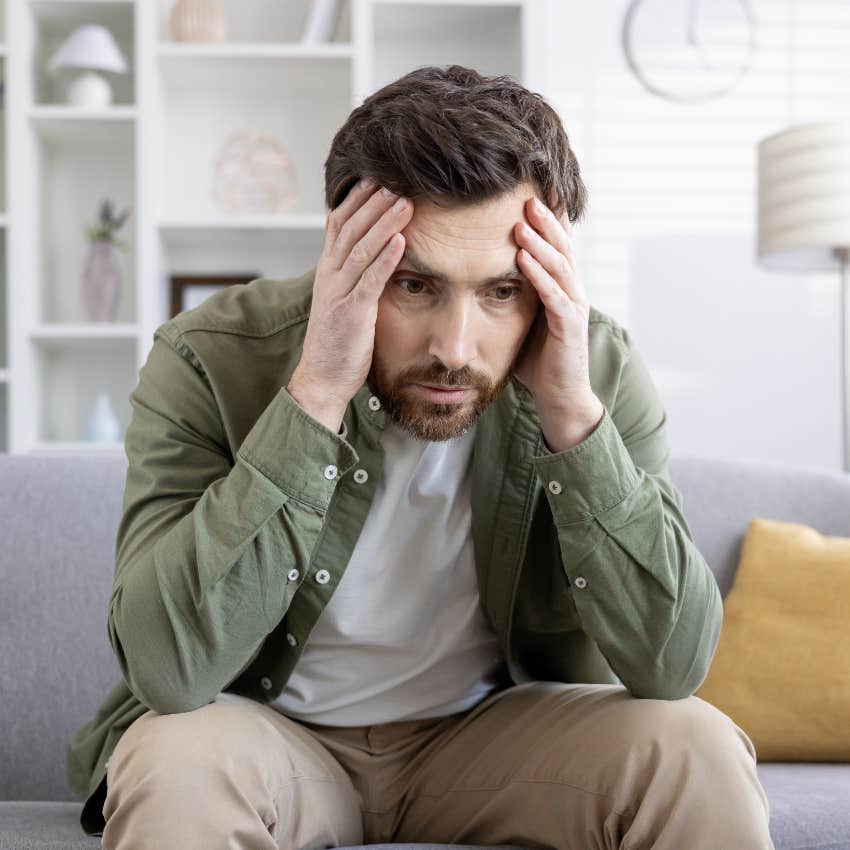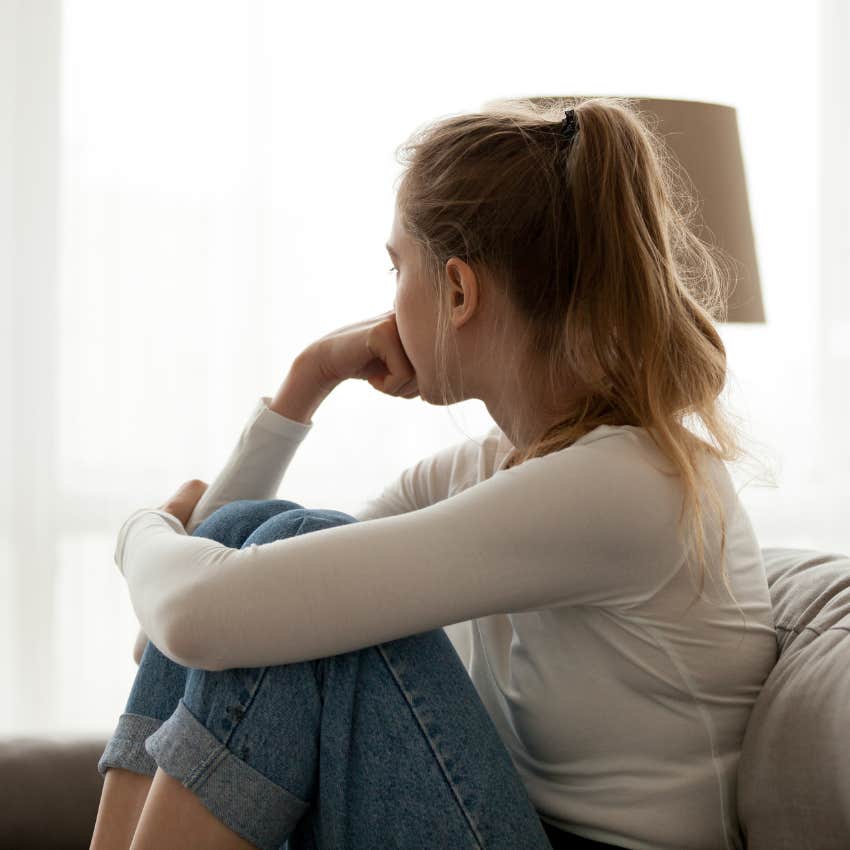I Believed These 4 Things — And They Made My Social Anxiety So Much Worse
These beliefs felt like truths — until I realized they were quietly fueling my anxiety instead of fixing it.
 Tachina Lee | Unsplash
Tachina Lee | Unsplash I’d always seen myself as shy. I often felt like an outsider. I didn’t speak up in class. I was criticized for this by others, but most of all, I chastised myself.
Beating myself up about being ‘weird’ and ‘shy’ and ‘too quiet’ took its toll on my mental wellbeing. It wasn’t until later in high school that I developed what could be described as social anxiety.
My social anxiety was a catch-22. My nervousness to speak up made me more anxious, and it became a cycle of self-consciousness. This continued into my twenties.
It wasn’t until I started taking a more analytical look at some of my stories about who I was that things began to shift. I have since given workshops and spoken worldwide. I also run a coaching practice speaking to international clients, helping many with their anxiety.
Seeing that my suffering was caused — not by other people and circumstances — but rather by my mind, was life-changing. By challenging my thinking through questioning its legitimacy, I was able to see myself for who I was.
I was making everything up in my head, and the more I questioned these beliefs, the more my true confidence came through.
I believed these things and they made my social anxiety so much worse:
1. ‘I am not like other people’
We’re all obviously different, but it wasn’t until I saw how similar I was to other people that I began to feel more connected. Our sense of disconnectedness is a significant source of unnecessary social anxiety. Ultimately, I saw this as merely an idea.
2. ‘I am a shy and anxious person’
 voronaman / Shutterstock
voronaman / Shutterstock
Questioning this belief made me see how unhelpful it was to tie my emotional experiences to my identity. The two are separate. If I was once nervous, it didn’t make me a ‘nervous person’ — just a person who felt nervous at some point. Being rational about how I was making up an illusion about my identity helped a lot.
Believing you are shy and anxious, particularly with negative self-perceptions, can significantly contribute to the development and maintenance of social anxiety, potentially leading to avoidance and difficulty in social situations. A 2022 study found that individuals with social anxiety may engage in social comparisons, often focusing on unfavorable outcomes, which can lead to increased anxiety and negative affect.
3. ‘Other people can decrease my self-esteem’
Thinking this was true meant that I’d avoid rejection as much as I could. If I believed rejection could lower my self-esteem or worth, why would I expose myself to that?
When I saw that ‘self-esteem’ was simply an idea in my head — not a real thing — I saw no one had the power to reduce it. You can’t reduce what isn’t there. This was immensely liberating.
4. ‘There is something wrong with me and I need to hide it’
 fizkes / Shutterstock
fizkes / Shutterstock
Many people get very anxious out of a sense of inadequacy in themselves that they need to hide. They have shame about some personal judgment.
The source of this criticism could be anything. Seeing through these harsh judgments helped me find natural compassion for who I was.
I saw how judging myself created my suffering. Simple as that. If I let go of my judgment — whatever that judgment looked like — my true sense of worth and peace was left. Key takeaway — the biggest thing I did to reduce my anxiety around people was to drop the negative beliefs and stories I was telling about myself to myself — all of which simply weren’t true.
Social anxiety can lead individuals to believe there's something inherently wrong with them. They often view themselves as having flaws or deficits compared to others and anticipate negative judgments during social interactions. A 2022 study found that social anxiety can be associated with cognitive distortions, such as catastrophizing and overgeneralization.
Alex Mathers is a writer and coach who helps you build a money-making personal brand with your knowledge and skills while staying mentally resilient. He's the author of the Mastery Den newsletter, which helps people triple their productivity.

